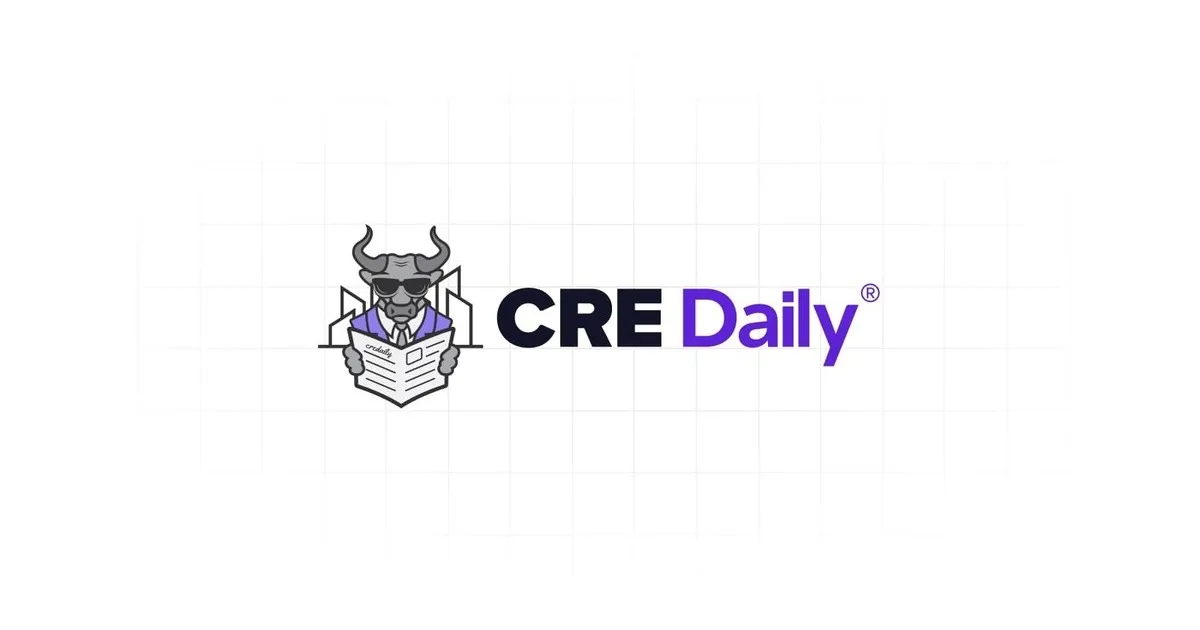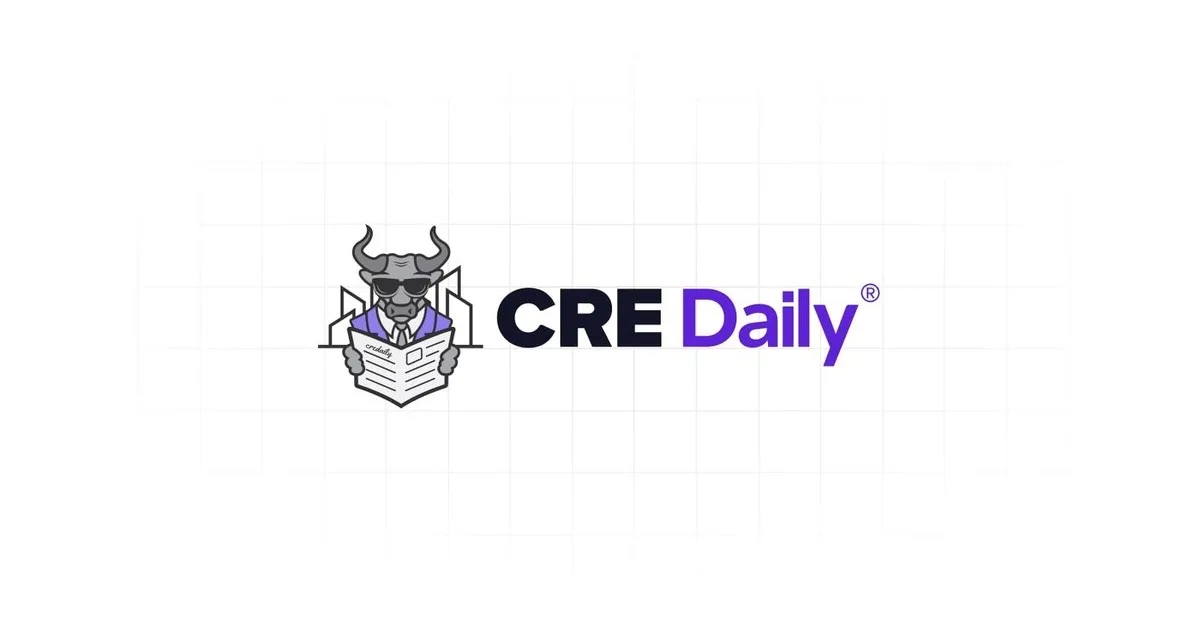- Job growth slowed to just 73K in July, with steep downward revisions to May and June figures.
- Moody’s and JPMorgan warn of recession risks as labor demand and workforce participation both decline.
- Private-sector hiring, excluding health and education, has effectively stalled, impacting recent graduates.
- Wage growth remains solid, but rising unemployment and underemployment add pressure on the Federal Reserve to act.
Slump In The Numbers
Friday’s jobs report landed well below expectations, as reported by GlobeSt. Employers added just 73K jobs in July, while May and June figures were revised down drastically—May to 19K (from 144K) and June to 14K (from 147K). Taken together, the data points to the weakest three-month labor stretch since 2020.
Signs Of A Turning Point
Moody’s chief economist Mark Zandi warned that the US economy may be at an inflection point. Construction and manufacturing are now contracting, and consumer spending has stalled. With inflation still elevated, Zandi noted that the Federal Reserve has little room to stimulate growth without reigniting price pressures.
Zandi also flagged a shrinking labor supply, citing a 1.2M drop in the foreign-born workforce over six months and a declining participation rate. He attributed the apparent stability in the unemployment rate to this dual drop in both labor demand and supply.
Get Smarter about what matters in CRE
Stay ahead of trends in commercial real estate with CRE Daily – the free newsletter delivering everything you need to start your day in just 5-minutes
This Is More Than A Blip
In a note shared Friday, JPMorgan’s economists emphasized that the decline in hiring reflects more than just data noise. Once resilient sectors like health and education are excluded, private-sector hiring has flatlined. The bank cited growing concerns among businesses over the long-term trajectory of the economy.
JPMorgan analysts also highlighted the growing impact of AI adoption on the labor market. They noted that professional and business services are especially affected, with entry-level roles being reshaped or eliminated. They observed that recent college graduates accounted for a significant portion of July’s uptick in unemployment—2.7%, up from 2.5%.
Still Growing—For Now
Despite labor market softness, Q2 GDP grew at a 3% annualized pace, though signs of slowing are clear. The Atlanta Fed projects 2.1% GDP growth for Q3. Wage growth remains steady, offering some support to household incomes. However, the broader U-6 unemployment rate—which includes part-time and discouraged workers—has risen by 0.4 percentage points since January.
Why It Matters
The job market’s deceleration signals more than temporary volatility—it’s fueling expectations that the Federal Reserve may soon cut interest rates. Hiring momentum is slowing, particularly for younger and college-educated workers. Economists are now watching closely to see if the job market continues to weaken.
JPMorgan summed up the moment bluntly: “Job creation is no longer appropriately described as solid.”
What’s Next
All eyes now turn to next month’s jobs report and further Fed commentary. The economy is facing pressure from geopolitical tensions, rapid AI adoption, and weakening consumer confidence. Because of this, many economists see the labor market as the clearest indicator of whether the US is simply slowing down or slipping into a full downturn.

















